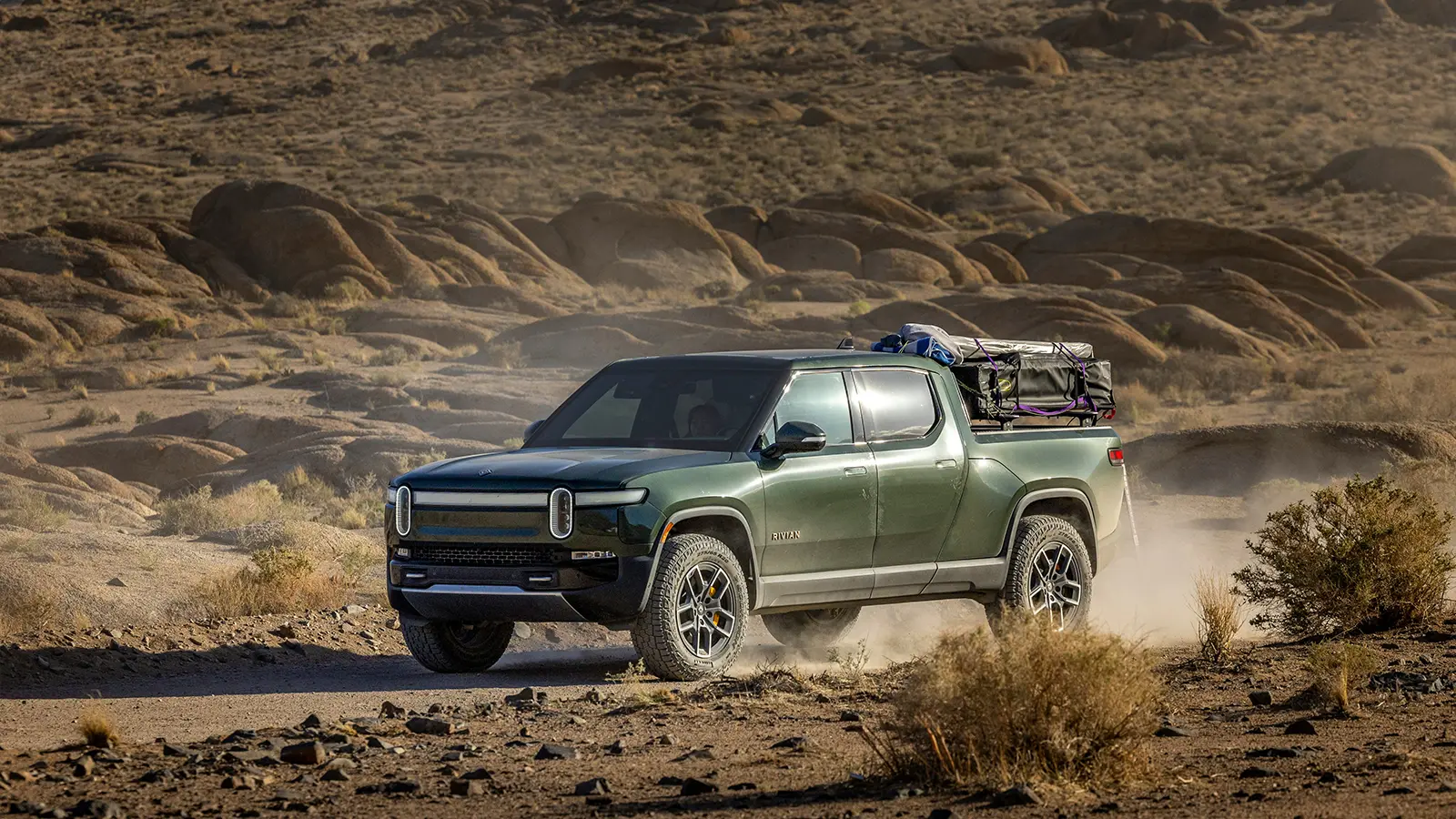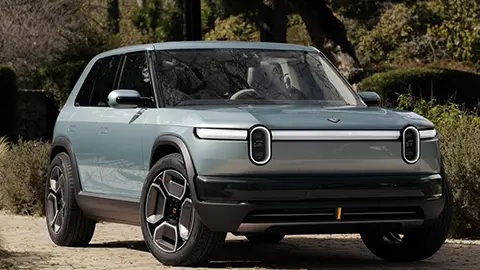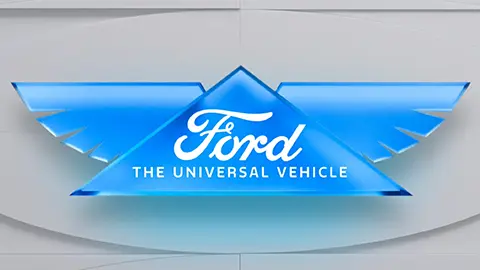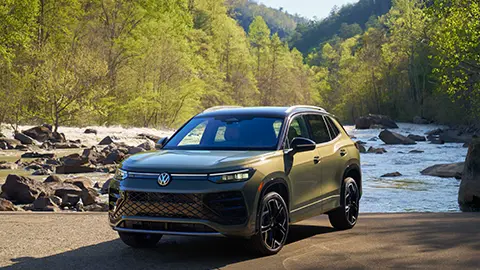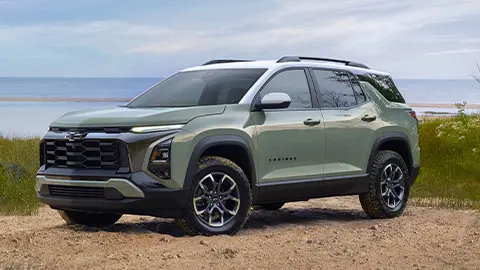Fast Facts
📉 Federal EV tax credits ending: $7,500 new / $4,000 used (Sept. 30 deadline)
🌍 Global EV market still expanding despite U.S. policy changes
⚡ Rivian & Tesla positioned as all-electric competitors
🚫 Dealer franchise laws still blocking direct sales in many states
💰 EV registration fees rising in some states by 2026
During the recent launch of Rivian’s new R1T Quad electric SUV, the company’s outspoken CEO RJ Scaringe had much to say regarding the upcoming loss of the federal EV tax credits for buyers, the country, and his own company.
Scaringe told the gathered media that, “the policy changes are bad for the world, bad for the United States.” But was also quick to add that the current shifts in Washington will actually be good eventually for Rivian.
As we know, President Trump’s, “Big, Beautiful Bill” will eliminate the federal tax incentives for the purchase on an EV. This includes the end to getting up to $7,500 in rebates for new EVs, and up to $4,000 incentives on the purchase of used EVs.
The World is Still “Going Green”
Automakers the world over are clearly transitioning toward electric cars no matter what happens in Washington. Scaringe says that Trump’s new bill “takes away some of the tail winds that are necessary for America to maintain global leadership in technology and what is undoubtedly the end state of the future state.”
Sadly, we are currently seeing many Chinese electric car companies overtaking a number of foreign markets where American automakers were doing well. How can any of this be good for Rivian?
Scaringe explains, “I think for Rivian, it’s probably a good thing from a competitive landscape point of view.” He also sees the loss of the federal tax credit to be positive for other EV companies such as Tesla. While many old school American carmakers are continuing to produce both gas-powered vehicles as well as hybrids, plug-in hybrids, and all-electric cars and trucks, Rivian and Tesla are focused only on electric vehicles.
He sees the real adversaries for companies like Rivian to be such giant car manufacturers as General Motors and Toyota because they have lobbyists who work hard to give them an edge in a number of ways. For instance, big automakers get a break on registration fees.
In some states EVs cost more to register than gasoline powered cars because electric vehicles don’t use gas and therefore don’t pay gas taxes which pay for things like repairing our roads. Beginning in 2026, some states are requiring EV owners to pay more than double the amount of registration fees compared to internal combustion engine vehicles.
Scaringe and his Rivian team are also fighting dealer franchise laws in many states which don’t allow automakers to sell vehicles direct to consumers. “The folks we spend the most money fighting against in D.C. are actual car companies,” he says.
With or without federal tax credits for EVs, Scaringe believes that the future involves electric cars in a big way and tells us that OEMs who are pulling back on EV development now will be in a world of hurt in the next decade.
Check out Rivian CEO RJ Scaringe joking about raising $14 billion without a cent of profit on comedian Daniel Tosh’s podcast.
🔋 Explore More EV Insights & Rivian Reviews
- Rivian R1T Review: Features, Range, and Charging
Our hands-on take on Rivian’s all-electric adventure truck, from specs to real-world driving impressions.
Read More ➜ - Different Types of EV Incentives
Compare Rivian to Tesla, Ford, and other EVs to see which is right for you.
Read More ➜ - EV Model Comparison Tool
A breakdown of federal, state, and local programs that can save you thousands before the September 30 deadline.
Read More ➜




